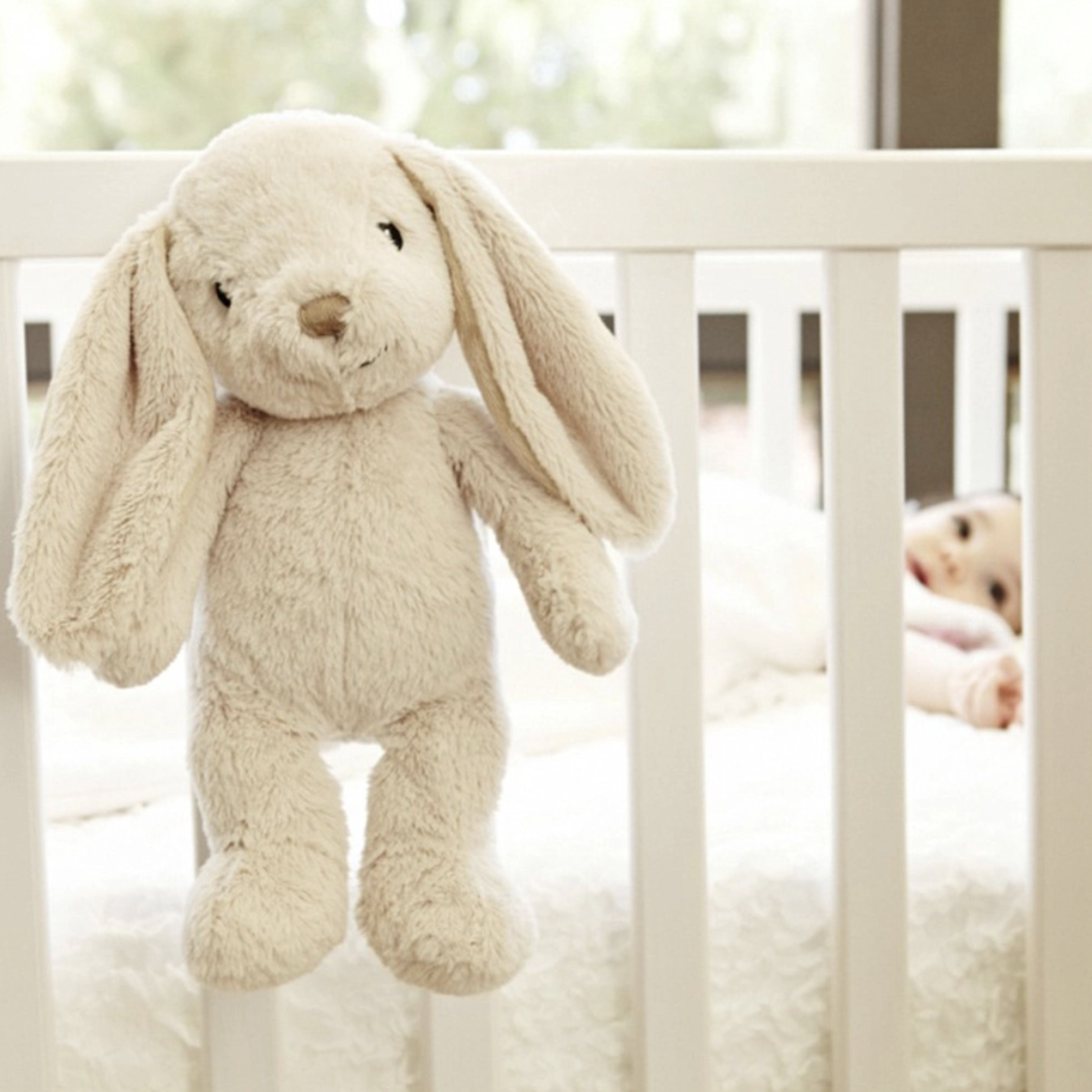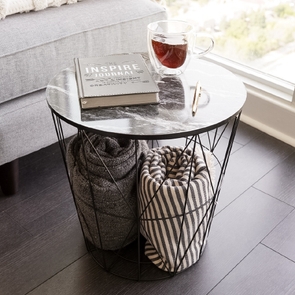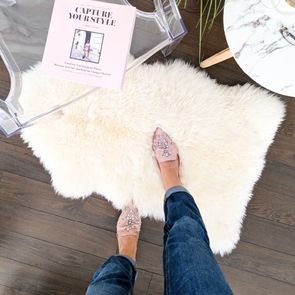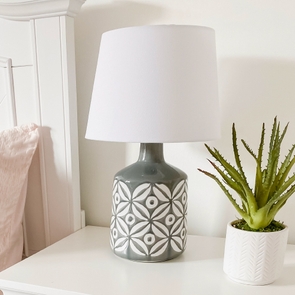- Bedding
- Bath
- Home Decor
- Windows
- Mattresses
- Electrics
- Tabletop & Bar Serveware
- Serveware Collections & Sets
- Serving Trays, Platters & Baskets
- Serving & Salad Bowls
- Cheese Board Sets
- Snacks, Dipping & Condiment Bowls
- Butter Dishes
- Salt & Pepper Shakers & Grinders
- Dessert Plates and Cake Stands
- Serving Spoons & Utensils
- Pitchers & Dispensers
- Sugar Bowls and Creamers
- Table Decor & Centrepieces
- Candles & Candleholders
- Bar Carts & Serving Trolleys
- Trivets
- Teapots & Infusers
- Kitchen Cookware
- Cookware Collections & Sets
- Frying Pans & Skillets
- Grill Pans & Griddles
- Sauce Pans & Sauciers
- Dutch Ovens & Braisers
- Stock and Multipots
- Roasting Pans and Racks
- Casseroles & Baking Dishes
- Omelette & Egg Pans
- Pancake & Crepe Pans
- Woks
- Ramekins & Mini Cocottes
- Outdoor BBQ Cookware
- Pizza Stones and Pans
- Fondue Pots & Raclettes
- Shop All Cookware
Food Preparation Tools- Mixing Bowls
- Measuring Cups & Spoons
- Can Openers
- Pizza Cutters & Accessories
- Mandolines and Slicers
- Pasta Tools
- Breakfast and Egg Tools
- Choppers, Graters and Zesters
- Grill and BBQ Tools
- Spice & Nut Tools
- Cheese Tools
- Seafood Tools
- Salad Spinners and Strainers
- Ice Cream Scoops & Makers
- Microwave Food Covers
- Spiralizers
- Fruit & Vegetable Steamers
- Garlic Presses and Graters
Kitchen Organization & Food Storage- Storage Containers, Canisters and Jars
- Fruit Bowls and Bread Baskets
- Food Storage Bags & Wraps
- Silicone Lids and Food Covers
- Fridge Organizers
- Butter Dishes, Syrup and Food Condiments
- Olive Oil & Vinegar Bottles and Caddies
- Cutlery & Drawer Organizers
- Spice Jars and Racks
- Ice Cube Trays
- Recipe Book and Tablet Holders
- Napkins and Napkin Holders
- Gifts
- Clearance Kitchen
- Shop Cookware by Material
- Cookware
- Bakeware
- Knives, Cutting Boards & Accessories
- Food Preparation Tools
- Kitchen Utensils
- Food & Beverages
- Kitchen Organization & Food Storage
- Kitchen Gadgets
- On-the-Go Food & Beverage Containers
- Kitchen and Table Linens
- Kitchen Sink Accessories & Cleaning
- Shop By Brand
- Sale Kitchen
- Shop Cookware by Material
- Cookware
- Bakeware
- Knives, Cutting Boards & Accessories
- Food Preparation Tools
- Kitchen Utensils
- Food & Beverages
- Kitchen Organization & Food Storage
- Kitchen Gadgets
- On-the-Go Food & Beverage Containers
- Kitchen and Table Linens
- Kitchen Sink Accessories & Cleaning
- Shop By Brand
- Bestsellers
- New Arrivals
- Blog
TRENDING NOW
Shop by department
Shop by department
OUR SERVICES
none
Search
My Preferred Store
Where are you shopping today?
With more than 30 stores across Quebec, Ontario and Maritimes, shop safely and securely in your preferred store. Choosing Your Preferred Store Helps You:
- See real time inventory for each product for your preferred store
- Quickly view store hours, and location information
- Home
- Bedding
- White Bedding Basics
- Duvets
Discover the Best Duvets in Canada
Find the perfect duvet for you
Not sure which duvet is right for you?
Down
100% White Down
The quantity of down, the loft and the thread count are key in determining the fluffiness and quality of the duvet.
Synthetic
Microfibre, Polyester & More
Similar to synthetic comforters, synthetic duvets will vary in warmth and fluffiness according to each model.
Cooling Alternatives
Bamboo, Silk & More
Made from naturally cooling materials or with innovative technologies that promote cooler sleep.
DOWNLOAD OUR DUVET COMPARISON CHART
COMPARE DUVET TYPES

What’s the Difference Between a Duvet and a Comforter?
Many are confused about what a duvet actually is—how is it different from a comforter? Duvets are a lot like comforters in that they are made of a shell that is filled with down, polyester or another material. The difference between the two is that duvets are usually white and meant to be inserted in a duvet cover that will add colour, texture, and/or patterns to the bedding. You can therefore change your bed’s style entirely by simply replacing the duvet cover. Comforters, on the other hand, are more of a ready-to-use as-is option, meaning that their shell already provides decorative colours or patterns.
How to Choose the Best Duvet for You?
The quest for the perfect duvet for your bed involves some key aspects to consider. From the variety of materials and fillings to sizes, having a good understanding of these elements will help you make your choice.
Different Fills for Different Preferences
You can choose between several options: down, down alternatives (synthetic materials that imitate the luxurious feel of down), and materials that meet specific needs such as wool, bamboo fiber, etc.
• Down duvets (white goose down is the absolute best) are natural, both breathable and insulating, our down duvets are responsible down certified. They’re more expensive but are also good for all seasons. Those who are allergic to down, however, may want to stick to synthetic materials.
• The Micro-fiber Duvet and Hotel Five Star Luxury Duvet both provide a luxurious, hypoallergenic alternative to down by mimicking some of its benefits.
• Specialty duvets, such as the Bamboo Basics Duvet offer interesting options for sleepers struggling with specific issues.
Getting the Right Size
Getting the right duvet size is essential for a comfortable sleep experience. Your duvet should ideally be slightly larger than your bed for adequate coverage. For instance, a queen-size bed would need a queen-sized duvet. However, if you prefer a more luxurious look or have a thicker mattress, a king-size duvet might be a better choice.
Learn all about how to choose the best duvet for you view bedding guide here.
Can You Wash a Duvet Insert?
While the duvet cover protects your duvet insert, it is still important to wash it periodically—we recommend you wash your duvet every six months. However, the frequency of washing may depend on whether you have allergies or sensitivities. If you live in a humid environment, you may want to wash your duvet more often to prevent dust mites and bacteria accumulation.
How to Wash a Duvet?
Maintaining the cleanliness and longevity of your duvet involves proper washing and drying. Make sure to always read the care label and check the care instructions provided by the manufacturer before washing your duvet. Different duvets might require specific cleaning methods. Here are some tips to help you care for your machine-washable duvet:
- Use a large-capacity washing machine: Make sure your washing machine is big enough to accommodate your duvet without crowding it. This allows for proper movement of the duvet and ensures thorough cleaning.
- Opt for the right detergent: Choose a mild detergent suitable for delicate fabrics. Steer clear of harsh chemicals or bleach, as they can damage the duvet's filling and fabric.
- Set your machine to a gentle cycle: Use a gentle or delicate cycle with cold or lukewarm water on your washing machine. This protects the duvet from excessive agitation and prevents shrinkage.
- Ensure thorough drying: After washing, gently shake the duvet to evenly distribute the filling before air-drying it. If you’re using a dryer, select a low heat setting and add a couple of clean tennis balls or dryer balls to help fluff up the duvet.
Tips to Maintain your Duvet’s Fluffiness & Shape
- Fluff it regularly: Give your duvet a good shake and fluff it up regularly to prevent the filling from clumping or becoming flat.
- Avoid compression: Don't sit or place heavy objects on your duvet for long periods. This can compress the filling and affect its insulation.
- Use a duvet cover: A duvet cover not only protects your duvet from spills and stains but also helps maintain its cleanliness and extend its lifespan.
The store will not work correctly in the case when cookies are disabled.

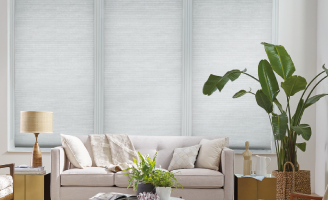 Custom Window Blinds
Custom Window Blinds Gift Registry
Gift Registry Gift & eGift Cards
Gift & eGift Cards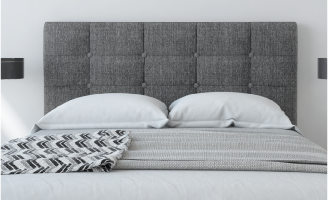 Custom Headboards
Custom Headboards